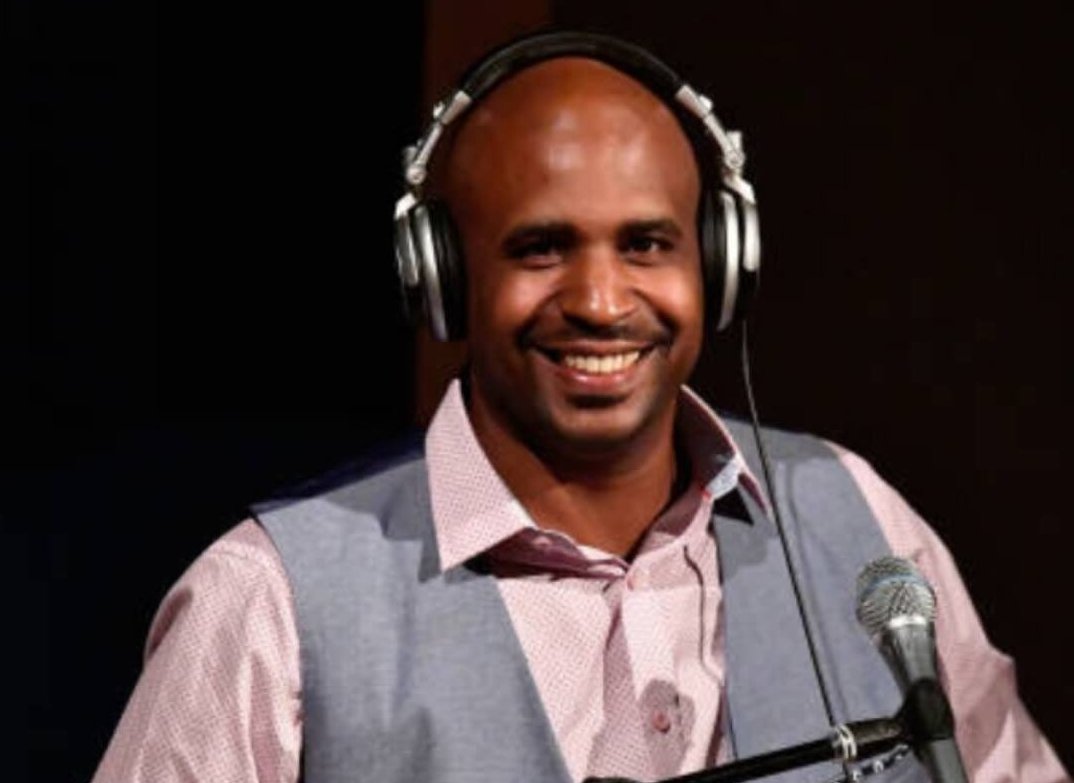The National Voice of ESPN Cayman Kelly Renews Network Contract Just in Time to Celebrate National Radio Day on August 20
WASHINGTON, Aug. 18, 2021 /PRNewswire/ — Groundbreaking voiceover artist and Black icon Cayman Kelly recently renewed his contract with ESPN Radio, celebrating his one-year anniversary just in time for National Radio Day. Known for his signature-smooth, room-grabbing sound, Cayman first came to prominence doing voiceover work for BET. He has since expanded his portfolio dramatically, including voiceovers for animations and video games, television, nationally recognized album promos, popular morning radio shows, and of course, national radio. National Radio Day commemorates the invention of the radio, celebrating the myriad ways the medium has touched American lives through news, music, entertainment, sports, and stories carried across the airwaves.
“I am extremely proud and honored to continue this role with ESPN – it’s really a crown jewel in my career,” said Cayman. “And I have to underscore the importance of Black visibility here. It’s crucially important that Black artists be seen and heard, whether that’s onscreen or on radio. We have a whole new generation growing up now who aren’t limited like we were. Our children don’t have the same bleak expectations so many of us had when we were young. Those boundaries are coming down all around us and it’s a beautiful thing. The history of Black artists in radio just further showcases how Black history is American history. And that is always worth celebrating.”
“Cayman brings an unmatched sound and primetime feel to everything he does,” said David Roberts, ESPN Senior Vice President of Production. “We are excited to work with Cayman and look forward to his advice differentiating the sound of ESPN Audio.”
Widespread U.S. radio broadcasts began to take shape in the 1920s with the first commercial station out of Detroit. By the late 1920s, many Americans were glued to their radios every afternoon and evening, with radio serving as the prime form of home entertainment – including music, daily syndicated broadcasts, national news, and world events all received over the airwaves.
By 1938 – at the earliest beginnings of World War II – four out of five homes in the U.S. owned a radio. Sports broadcasting also began in the early 20th century, marking the genesis that would much later transform into popular stations like ESPN Radio. Today, even with the advent of wireless, digital television, and Internet, radio continues to be popular – evolving and shifting to meet the needs of a new technological age.
SOURCE Cayman Kelly




